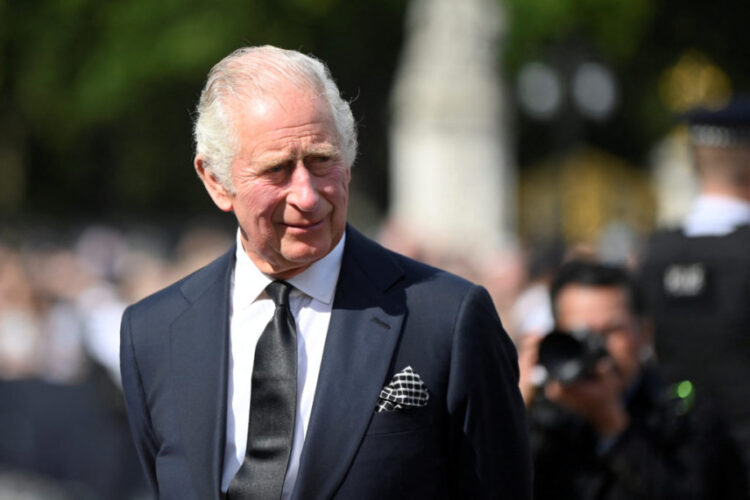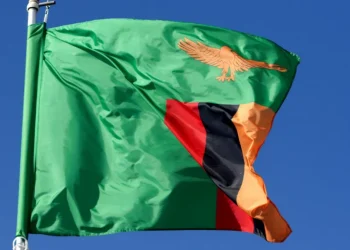The Commonwealth of Nations was formed in 1949 to maintain an association between countries that had once been part of the British colonies, which are considered ‘free and equal’. Commonwealth countries span the globe and have fifty-six (56) member countries under its auspices.
The Commonwealth was founded on shared values of democracy, human rights, and economic progress and has sought to cultivate collaboration among its member nations.
Since its establishment, it has developed tremendously, reacting to changes in geopolitics, global economic trends, and shifting societal norms. While the group was founded as a forum for former British colonies, its emphasis has evolved away from historical ties and toward common principles and mutual collaboration.
The organization has played an important role in strengthening democratic governance in Ghana and has encouraged tenets such as openness, accountability, and the rule of law.
Furthermore, the exchange of best practices and experiences among Commonwealth member countries has enabled Ghana to make progress in sectors such as education, healthcare, and gender equality. This relationship has over the years produced significant insights into effective policies and programs that have had a positive influence on Ghanaians, contributing to enhanced social welfare and overall development.
However, in recent times, the effectiveness and necessity of the Commonwealth in our current dispensation has been brought into question. Recent occurrences have raised debate regarding the organization’s ongoing relevance in today’s global context.
Canada and Australia have both declined to host the 2026 Commonwealth Games and some critics believe that this is a reflection of the deterioration in member states’ sense of togetherness and mutual benefit.
The Games, which were formerly viewed as a symbol of unification, are now viewed as a costly effort that does not always bring long-term advantages to host countries.
These reservations have also been attributed to a number of factors, including global financial constraints, a lack of infrastructure, and shifting priorities among member countries. This shift has led some to question whether the Commonwealth still serves as an effective platform for promoting cooperation and goodwill among its members.
Zimbabwe’s membership in the Commonwealth was withdrawn in 2003 on grounds of human rights violations and political turbulence under Robert Mugabe’s leadership. Mr. Mugabe had also accused the organisation and the late Queen Elizabeth of perpetuating the ideals of neo-colonialism and exploitation of its former colonies as a way of continuing to benefit from the resources of these former colonies, now independent states especially in Africa.
The move underlined the conflict between the Commonwealth’s commitment to democratic norms and the sovereignty of its member states. While the Commonwealth has taken steps to address concerns with democracy and human rights, others dispute its effectiveness in safeguarding these objectives.
The question of whether the Commonwealth is still relevant is multidimensional and nuanced. The Commonwealth’s past splendours in fostering cooperation, addressing global concerns, and empowering the youth in member states are commendable.
However, the Commonwealth must adapt to the continuing changing trends of globalization to suit the specific needs of member states to remain relevant and an effective force for positive change among its various member nations particularly in Africa.
















